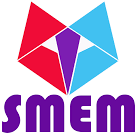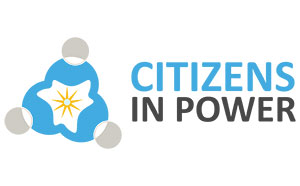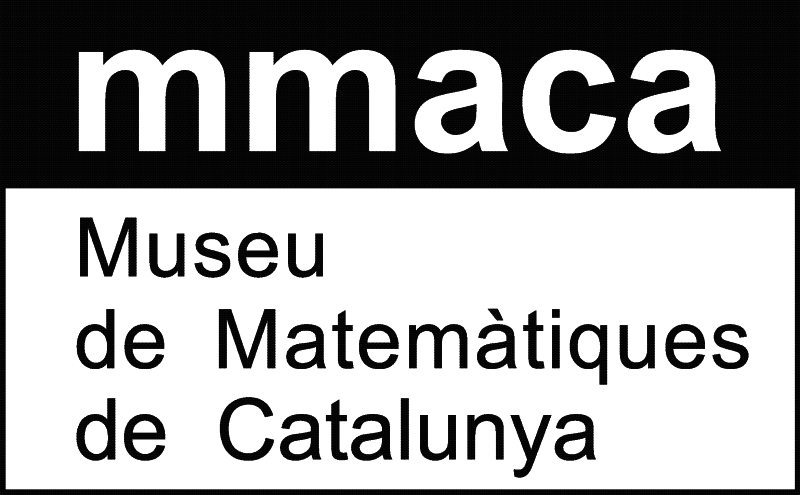Els anys 2022 i 2023 el MMACA ha estat participant en el projecte europeu:
“SMEM Significant Mathematics for Early Mathematicians”
(Matemàtiques significatives per als primers matemàtics)
L’objectiu del projecte, ha estat millorar i ampliar les oportunitats d’aprenentatge per als alumnes d’entre 3 i 8 anys i els seus professors.
Hem desenvolupat eines gamificades i no formals a l’estil d’exposicions museístiques . Aquestes exposicions estan disponibles en diverses formes (llestes per utilitzar, pop-up, híbrid, reproduïble).
Participants:
Timing
24 months, from January 2022 to December 2023)
Objectives
● Change the more traditional methods of teaching Mathematics and offer teachers powerful tools to create "rich" activities from early childhood.
● Analyse the curing plans for early childhood education and discover its roots
mathematics. Help work on the basic mathematical concepts for future learning from higher levels.
● Contribute to reducing the gender gap in the choice of STEM-related studies, given the relevant role that mathematics play in all these disciplines.
● Foster creativity and skills focused on human beings, such as cooperation, empathy, social awareness and global citizenship
● To approach the basic concepts, processes and ways of thinking mathematically through friendly approaches, to combat the false sense that it is a boring, difficult and highly specialized subject for
only a small part of the population.
● Entertain and bring a cheerful mathematical experience
Project Number
KA220-BE-21-24-32460
El resultat més important de l’SMEM ha estat el disseny i la creació de recursos educatius oberts en 6 idiomes per a persones implicades en el sector de l’educació. Permetran descobrir, utilitzar, crear i compartir exposicions de matemàtiques bàsiques no formals.
Els recursos són:
- A physical exhibition of 5 manipulable modules and 2 digital modules with their manual.
- A didactic suitcase and a user manual that includes a collection of 15 manipulable modules and 5 digital modules that form a pop-up exhibition (easy and fast to assemble and disassemble) for schools, libraries and various informal learning spaces.
- Una Guia Didàctica per als tallers relacionats amb les exposicions i la maleta per combinar l’ensenyament no formal amb l’aplicació formal a l’aula a la vegada que possibilita el seu ús independent.







